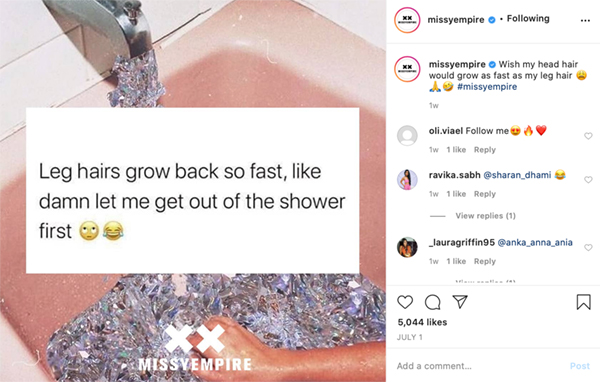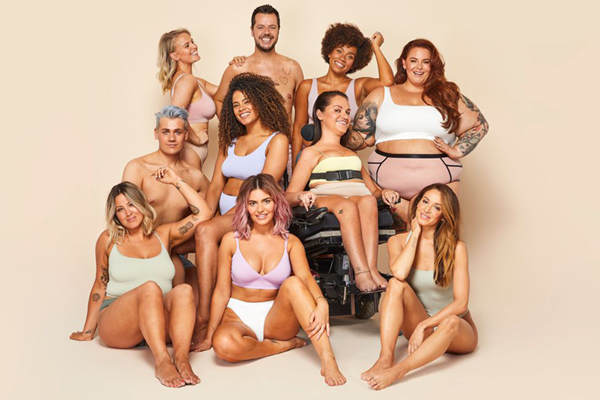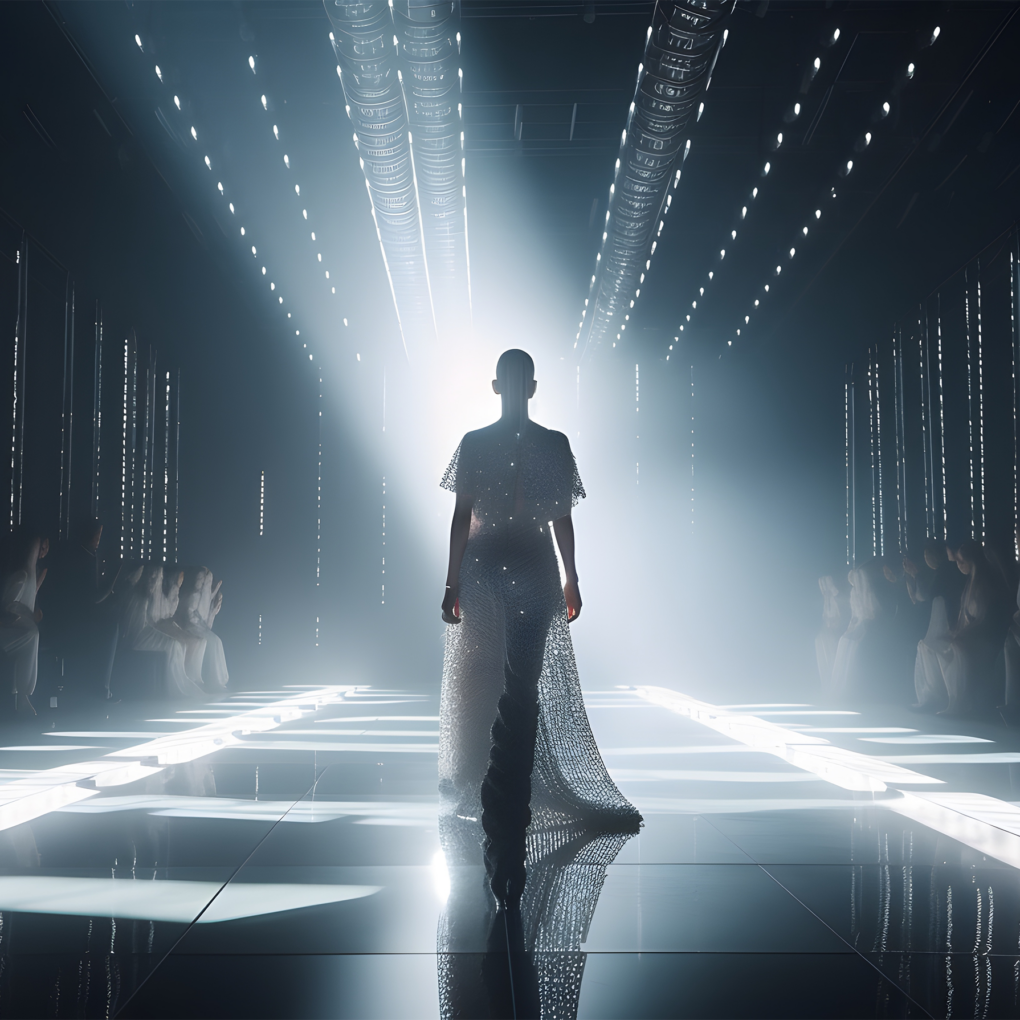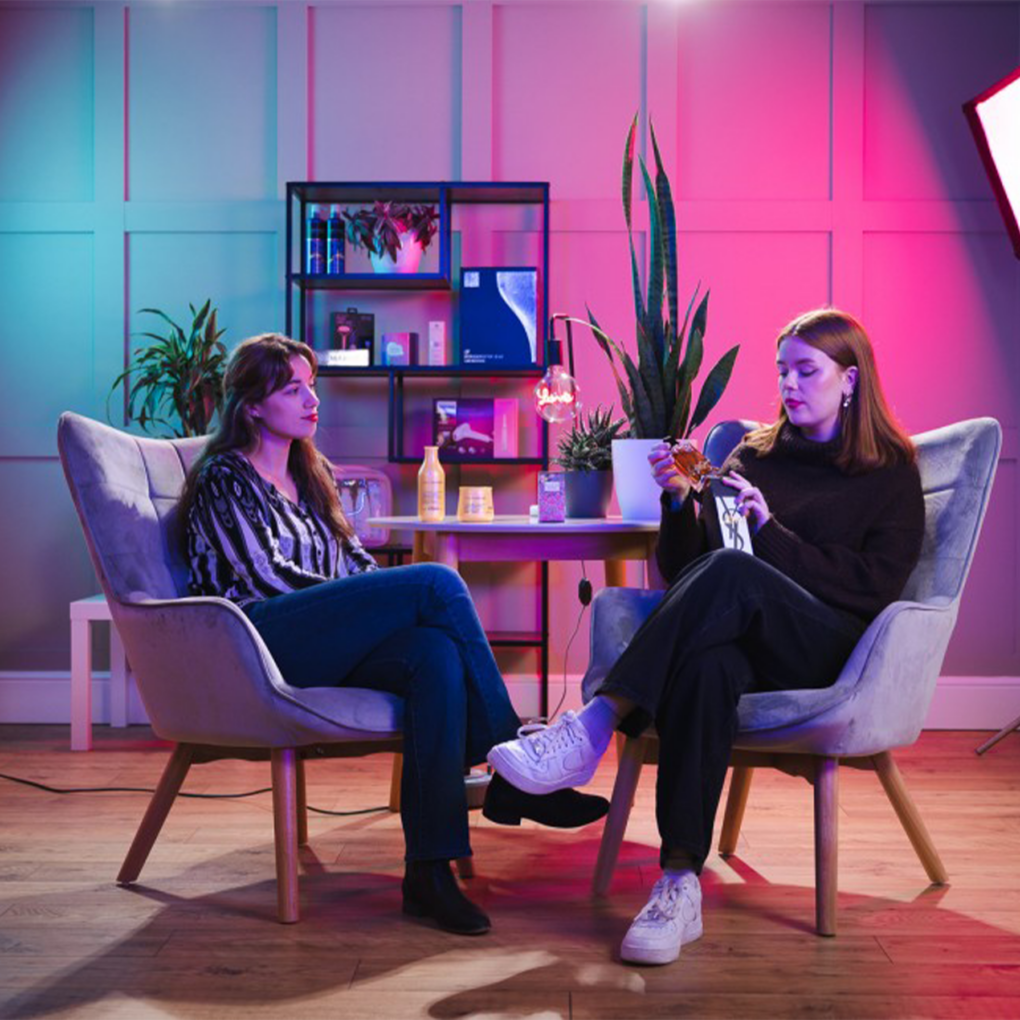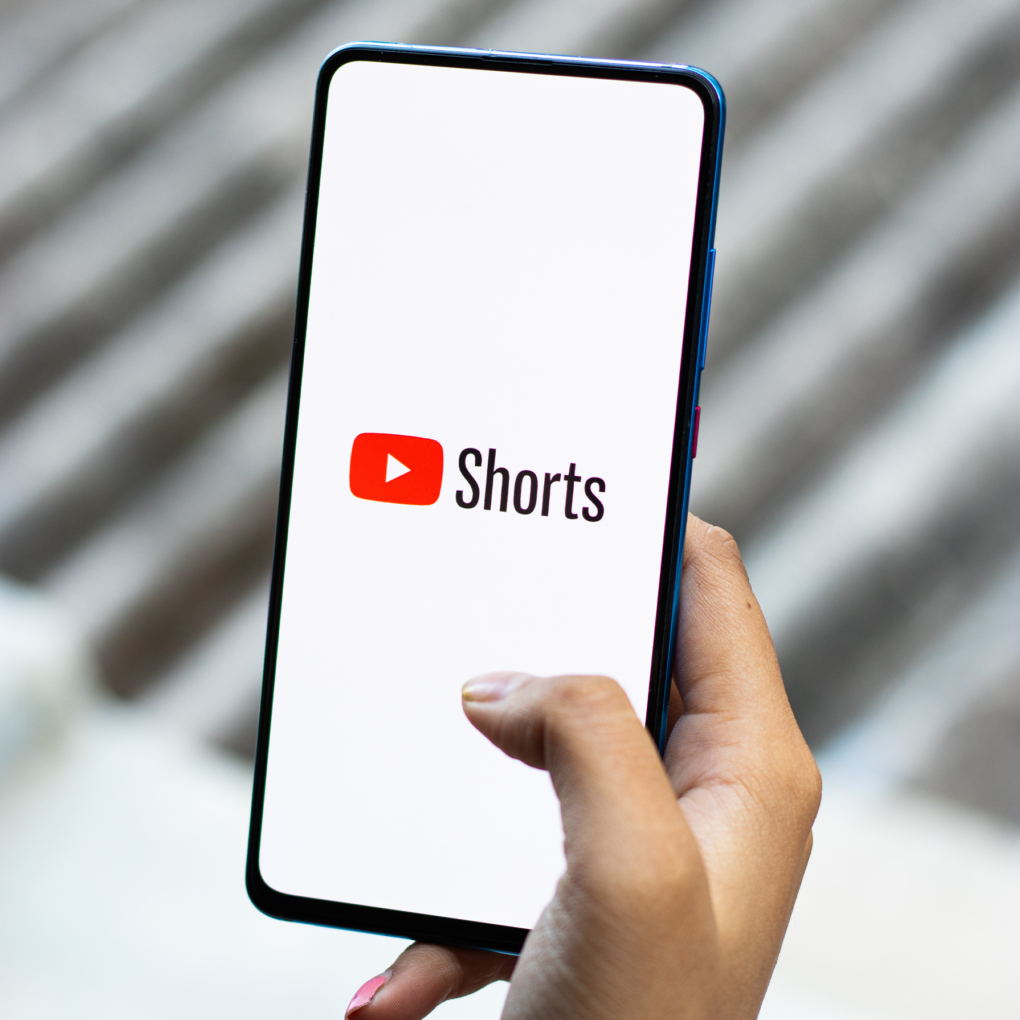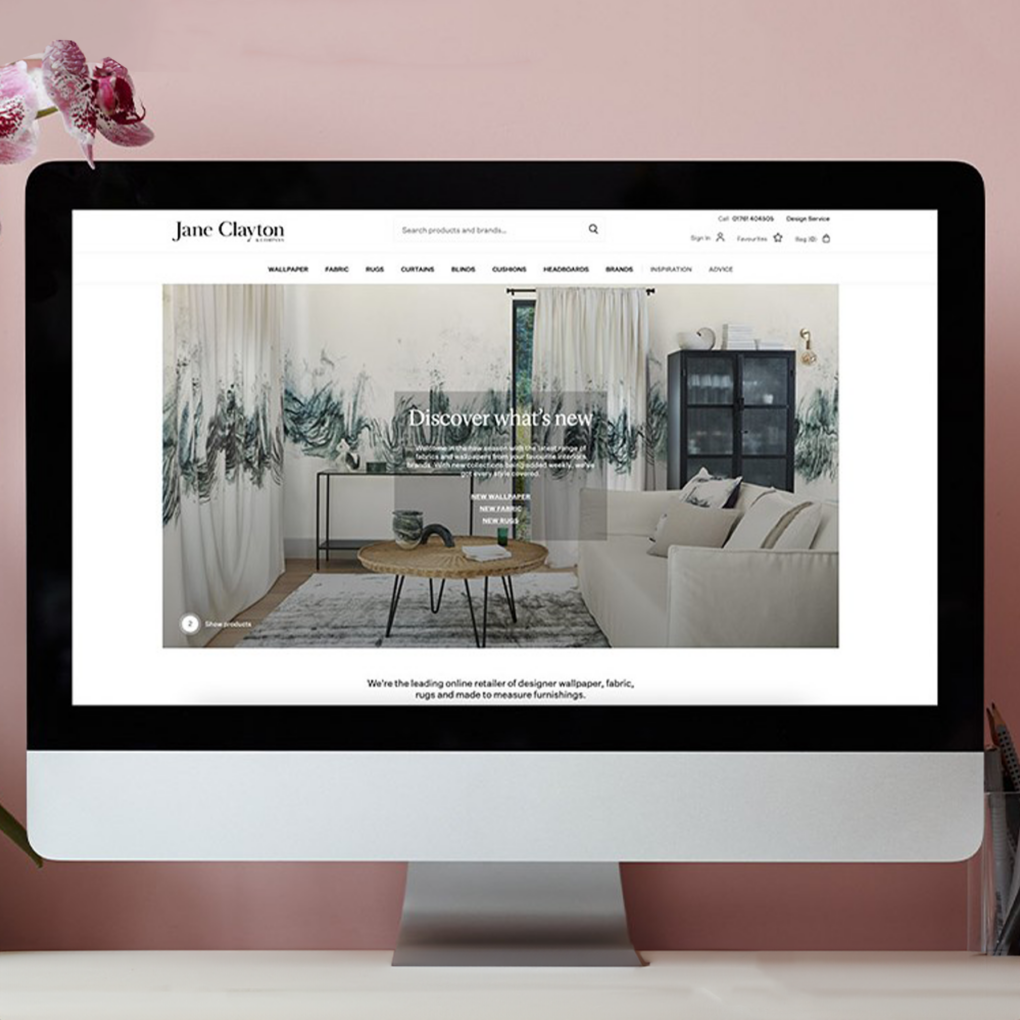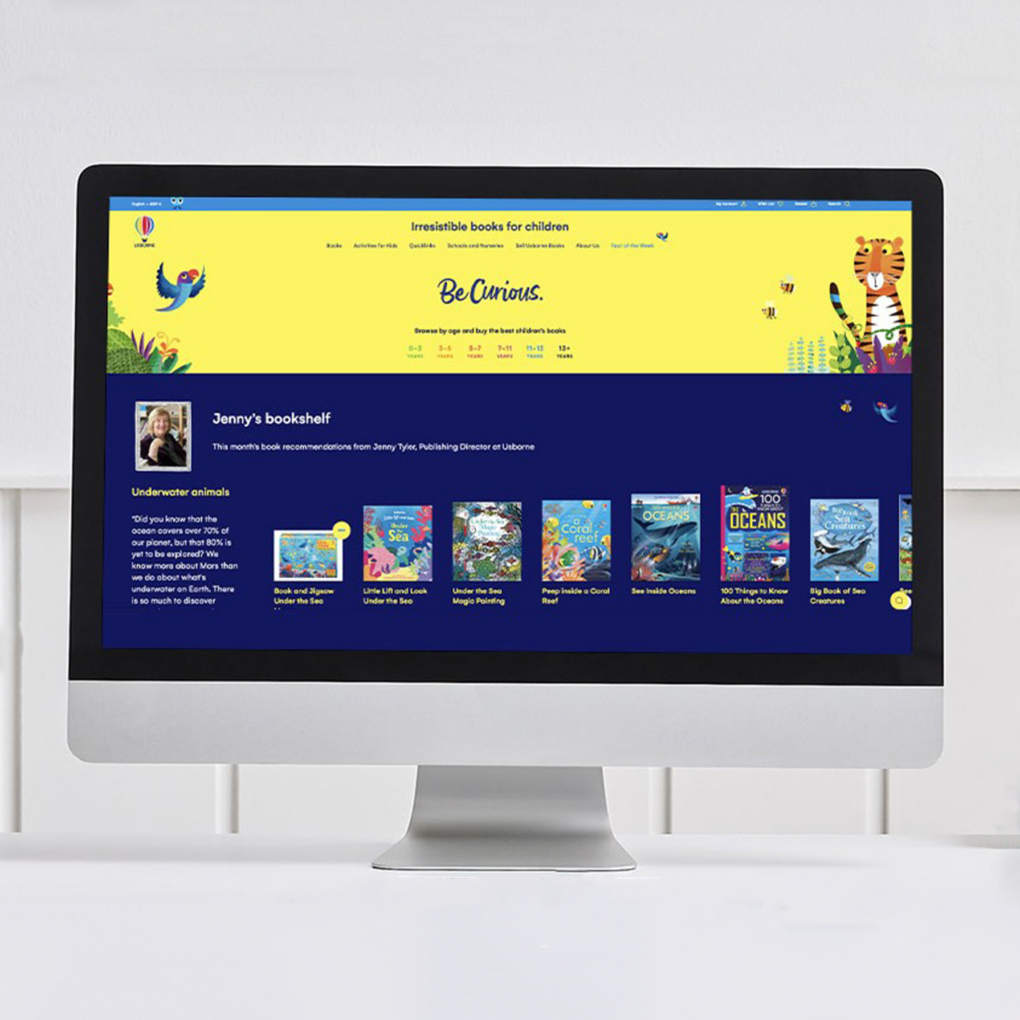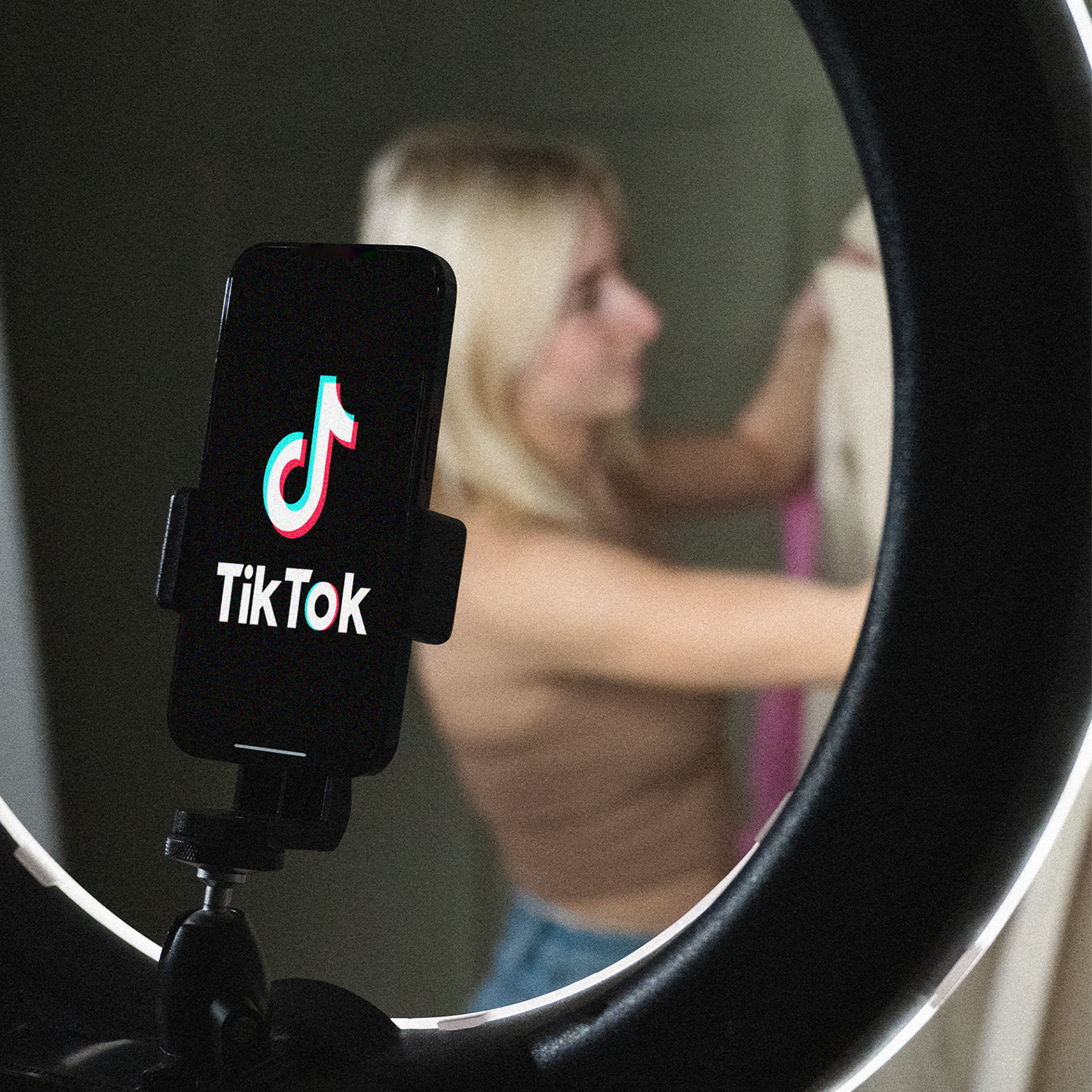Gen Z, born between 1997 and 2012, are set to be the most switched-on generation of all time; they’re culturally aware, politically astute and it’s safe to say they really care about the world that they live in. They’ve grown up in an age of information, where the answer to any question is at their fingertips, and they can connect with people around the globe in seconds. They’re hyper-connected and super social, with Gen Z being named the generation most likely to use social media to hang out and chat with their friends.
What’s more, they also use their channels, such as Instagram and Facebook, for inspiration, with 85% saying they turn to social media to find new products. But with so much noise out there, how do you speak to this tech-savvy generation?
For a while now it has felt like traditional advertising has been on the out for Gen Z. Why pay for a giant billboard or television campaign to attract the attention of a generation half of which spent ten hours on their screens a day, and who prefer streaming services like YouTube to traditional TV? If you want to attract the attention of Gen Z, you need to think like them, speak like them and talk to them in their own language.
Speak to them through their phones
Gen Z are the first truly digitally native generation; while millennials might remember a time before their mobiles – hello landlines – Gen Z have been mobile-first from the get-go. Therefore, it stands to reason that when it comes to marketing your products to this generation, you should always be thinking mobile-first.
But, it’s not a case of sticking a couple of ads online and being done with it – 51 % of Gen Z use ad-blocking software. So it’s all about speaking to them in a more organic and personalised way, through social media and through influencers they know and trust. And, if you really want to have all eyes on your campaign? Video is where it’s at. This is the generation most engaged with YouTube and other streaming services, with 71% of Gen Z saying they watch more than three hours of video every single day.
It’s not always the more meme’s the merrier
For both Gen Z and millennials alike, memes have become a form of cultural currency; they can be timely, knowing, funny or observational. What’s more, they’re used as a tool for people to relate to one another on a wide variety of subjects – from television to politics, to dating and fashion. But, as a brand, how do you go about using memes to your advantage? Companies such as Missy Empire show how to do it best, weaving memes into their social feeds they use posts that reference pop culture without it feeling forced and, most importantly, without placing themselves at the centre of the story.
Get Personal
When it comes to Gen Z there’s no one size fits all way of speaking to them; they want everything to be personalised. And with a reported attention span of just 8 seconds, you’re going to have to work quickly. 44% of Gen Z would be happy to share their information to have a more personalised experience from a brand. And all the best brands are doing it, from Netflix, which uses your previous viewing habits to predict the programmes you’d like to watch next, to Very, who trailed a personalised experience based on the weather in your local area. There’s even StichFix, whose whole model revolves around learning your style to send you clothes you’d love to wear, improving their knowledge every time you order.
Campaign: but only if it’s authentic
It’s been noted in AdAge that while millennials were dubbed the ‘Me, Me, Me,’ generation, Gen Z have been labelled the ‘We,’ generation. They’re campaigners who care about social justice, equality and the planet and they’re not afraid to speak up for what’s right. So it stands to reason that they expect the same from the brands they love.
If you want to “talk the talk” to Gen Z, you have to “walk the walk”. Getting behind the causes they care about is a great way to connect with this generation… but only if it’s authentic and real. Influencer led campaigns will fall flat if they haven’t been thought out properly and sensitively. Take for example Aldi, who were heavily criticised for their #AldiPoorestDayChallenge where influencers had to shop like they had no money – an insensitive and poorly timed response to the access to food crisis which saw them being accused of creating ‘poverty porn
Aldi's current social media pr disaster is exactly what happens when creative and PR teams are far removed from social realities on the ground and the #AldiPoorestDayChallenge is an example of how far removed they are. https://t.co/IiiwqS1Hlv
— Ronke Lawal (@ronkelawal) January 25, 2020
Care about the world
If there’s one thing that Gen Z agrees on, it’s that the world that they live in matters. To speak their language here, it’s all about committing to the cause. Take, for example, Patagonia, who pledged to donate $10million to fighting climate change. Again, this comes back to the idea of being genuine.
This is a generation for whom 93% say that a company’s values would impact on their decision as to whether to work with them. While 30% of Gen Z would take a pay cut of up to 20% to work for a company who had a mission that they genuinely cared about, and 69% would be more likely to buy from a socially responsible company. Which just goes to show; if you don’t care – it’s expected that Gen Z won’t either.
Get real
We’ve already noted that for Gen Z the ideal campaign would feature real people; they don’t want to see how products would look on unrealistic models, they want to see how they will look on people like them. Who can forget that it was this generation’s uproar that famously played a part in the cancellation of the Victoria’s Secret Fashion Show. A concept that had long been criticised for its one-dimensional representation of women and which saw their potential Gen Z customer base flock to buy up their more inclusive lines; such as Rihanna’s hugely popular Savage x Fenty range.
A great example of a brand that’s made real people work for them is the Isle of Paradise 2019 campaign, which came with a downloadable ‘Get Body Posi,’ guide. The campaign featured ‘real,’ looking influencers such as Alex Light, Tess Ward and Natalie Lee, all with no retouching and celebrated people with different body shapes, skin tones and abilities.
______________
Olivia Foster is a freelance writer and content producer specialising in fashion, entertainment and women’s lifestyle. She has written for Grazia, Marie Claire, and Stylist.

